What China Did to India Through the Brahmaputra: A Lesson for Those Who Turn Water Into a Weapon of War
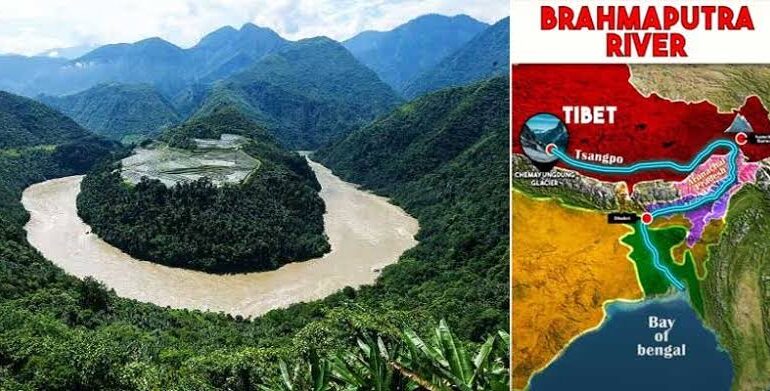
On February 12, 2012, the residents of Pasighat town in East Siang district of Arunachal Pradesh were confronted with a deeply unsettling sight. The Siang River—known upstream in Tibet as the Yarlung Tsangpo and further downstream as the Brahmaputra—had abruptly run dry. An investigation by district authorities soon uncovered the startling cause: Chinese officials had unilaterally blocked the flow of the Yarlung Tsangpo overnight, cutting off water downstream into India.
Those who applaud the Indian government’s suspension of the Indus Water Treaty with Pakistan, invoking the spirit of patriotism, would do well to remember this incident.
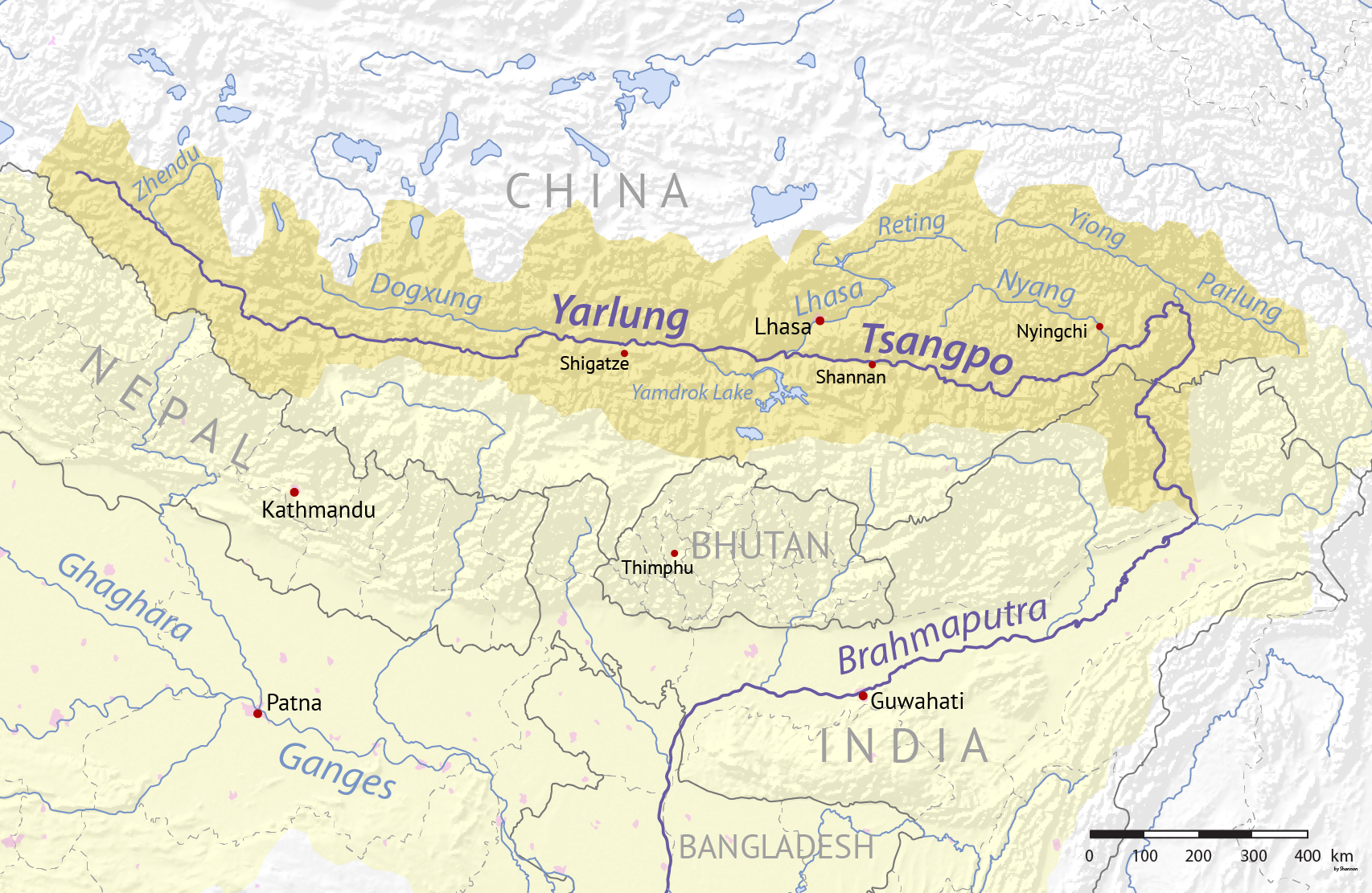
A similar shock gripped those living along the banks of the Brahmaputra back in the year 2000. On June 9th, the water level of the Siang suddenly rose by 30 meters, submerging nearly the entire township. A hydroelectric dam had collapsed in Tibet, killing seven people and causing widespread destruction to property.
More recently, on April 26, following the Pahalgam incident, the sudden and unannounced opening of sluice gates at the Uri Dam caused the water level of the Jhelum River in Pakistan to rise alarmingly.
When basic natural resources like water are transformed into instruments of war and drawn into the complex web of international diplomacy, the consequences can be severe. Though warmongering rulers may not pause to reflect on the potential blowback, it is imperative that ordinary citizens—those most likely to suffer the fallout—remain aware of these risks.
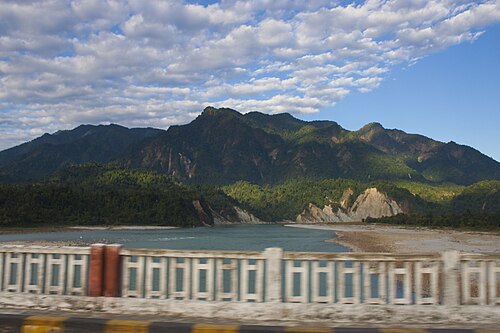
Caught in the propaganda machines of power-hungry governments and profiteering arms dealers, the public can easily become the victims of false nationalism. For them, even a modest acquaintance with history is not just advisable—it is essential.
Those interested in exploring this topic further may read my 2021 article available on the ResearchGate repository available here.



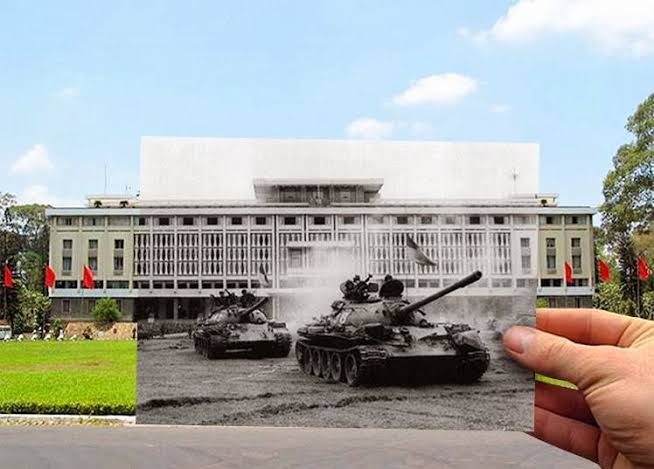
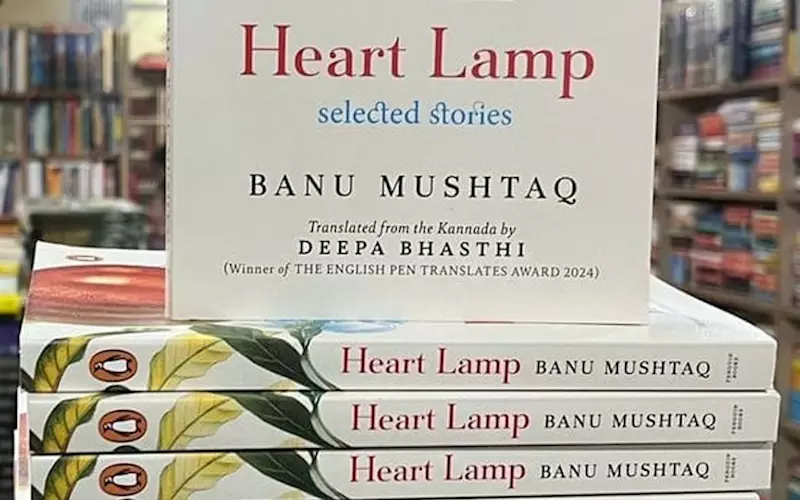


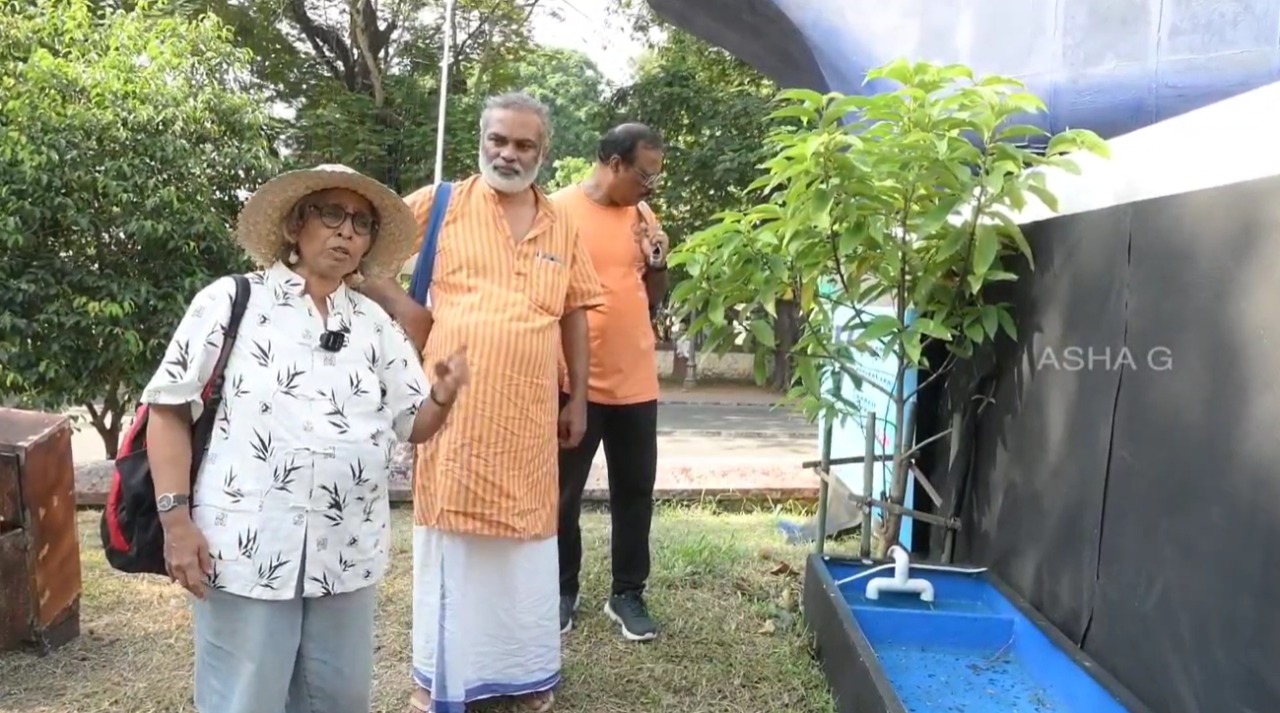


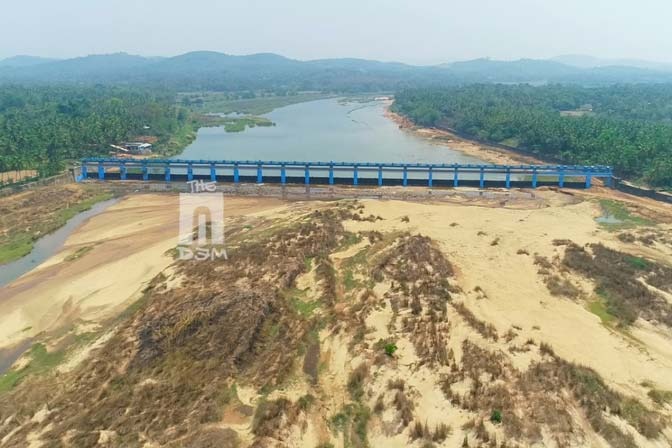

When strikes at terror camps happened, my belief was that they are less damaging in long term than the use of rivers as a weapon. While a missile attack can be on a terror camp despite civilian casualties, blocking a reiver and suddenly releasing are a attack on civilians.